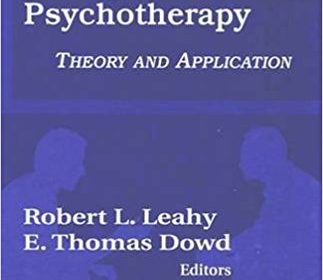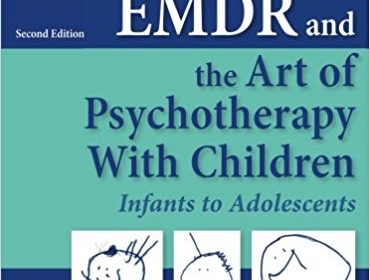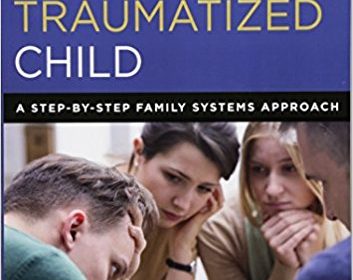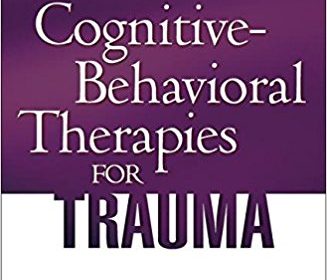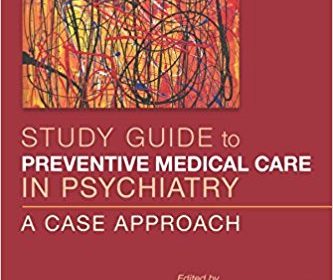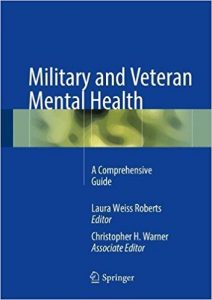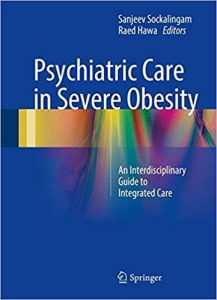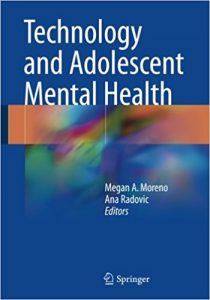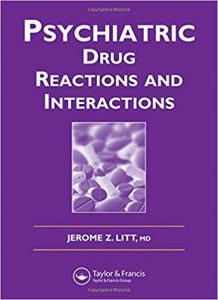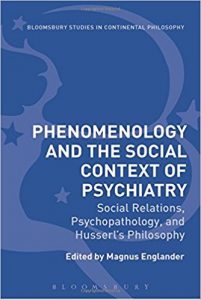[amazon_link asins=’0826171877′ template=’ProductAd’ store=’aishabano-20′ marketplace=’US’ link_id=’17698c49-3050-11e8-be42-e92101c44e16′]
“This book builds upon my early work and the work and others by offering a comprehensive guide to practitioners interested in facing and helping to heal trauma and manage the drama systemically with a special focus on children and adolescents. The FST Model is a contribution to the fields of trauma, family sciences, and human development practice.” –Charles R. Figley, PhD; Kurzweg Chair in Disaster Mental Health at Tulane University in New Orleans
This is the first book that addresses trauma treatment for child and adolescents using a Family Systems Trauma (FST) model which goes beyond individual therapy to include the child and their entire family.
Co-written by a renowned family therapist who created the Parenting with Love and Limits® model, it delivers a research-based , step-by-step approach that incorporates the child’s immediate family along with their extended family to treat the traumatized child or adolescent.
Using a “stress chart,” the child or adolescent’s trauma symptoms are quickly identified. This strategy guides therapists in accurately diagnosing root causes of the child’s trauma and culminates in the creation of co-created “wound playbooks” to heal trauma in both the child as well as other family members.
Additional helpful features include extensive case examples, a menu of trauma techniques, wound playbook examples, evaluation forms, client handouts, and other practical tools to provide the therapist with a complete guide to implementing this approach. Child and family therapists, social workers, mental health counselors, and psychologists working in a variety of settings will find this book a valuable resource.
Key Features:
- Provides a step-by-step, practice focused, time-limited model
- Uses a family systems approach for addressing child and adolescent trauma–the only book of its kind
- Includes useful tools such as checklists, client handouts, and evaluation forms
DOWNLOAD THIS BOOK FREE HERE
https://upsto.re/3Dw4fva
